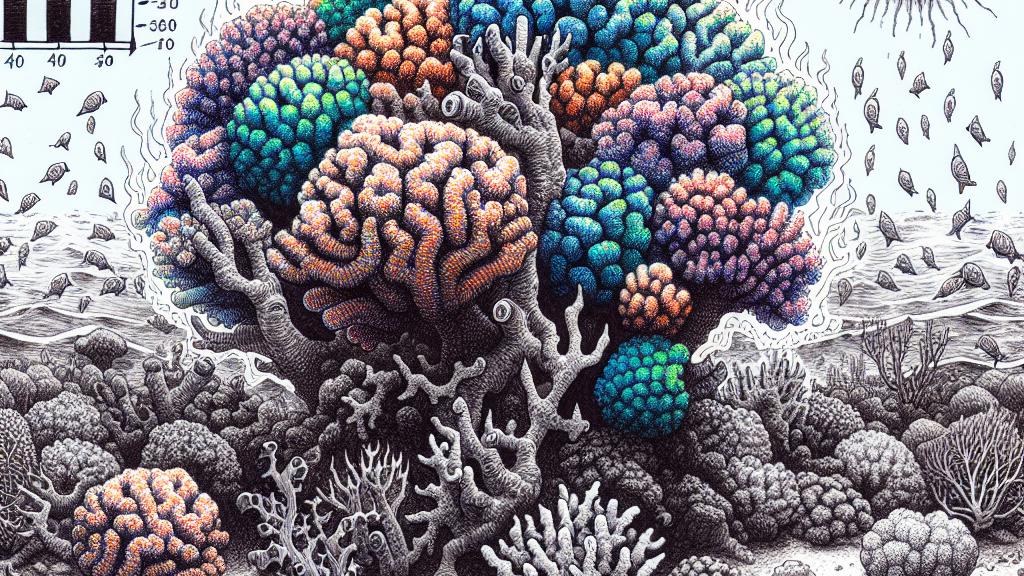Improving Coral Heat Tolerance Through Selective Breeding
Overview
- Innovative coral breeding techniques enhance their heat resistance significantly.
- A pioneering UK study illustrates how selective breeding can yield promising results.
- Immediate climate action is essential for maximizing coral resilience in warming seas.

The Significance of Coral Breeding
A groundbreaking study conducted by scientists at Newcastle University's Coralassist Lab in the UK has unveiled a novel approach to improving the heat tolerance of corals, offering a glimmer of hope for these vital marine ecosystems facing the onslaught of climate change. Through careful selection of adult corals that exhibit exceptional resistance to rising temperatures, researchers have successfully bred offspring that demonstrate increased heat tolerance within a single generation, highlighting the viability of scientific intervention in natural processes. This revolutionary method marks a pivotal moment in conservation efforts, as it sheds light on the gateway to maintaining coral populations in increasingly hostile environments. However, it's crucial to recognize that the improvements observed are described as modest at best, underscoring the necessity for integrated strategies that combine breeding innovations with broader ecological initiatives to combat the broader impacts of environmental changes.
Understanding Coral Reproduction
Corals, often regarded as the rainforest of the sea, possess a remarkable ability to reproduce in two fascinating ways: sexually and asexually. In the flamboyant dance of sexual reproduction, male and female polyps simultaneously release their sperm and eggs into the open ocean, resulting in fertilization and the subsequent development of planula larvae. These larvae, wandering with ocean currents, eventually find a safe spot to settle, transforming into new coral colonies that enrich genetic diversity—an essential factor for resilience against disturbances. Imagine a once-bleached reef, now rejuvenated by thriving new colonies, showcasing the potential of this reproductive strategy. On the flip side, asexual reproduction allows corals to produce new polyps from fragmented pieces, either due to natural causes such as storms or through human activities. This adaptability ensures that coral populations can stabilize and expand, a vital characteristic in the face of significant threats that challenge their very existence.
Challenges and Future Directions
Despite these exciting advancements in selective breeding, researchers emphasize the urgent need for decisive climate action to enhance coral resilience further. The study indicates that although heat tolerance may increase by approximately 1°C with each generation, this incremental progress is insufficient when compared to the alarming speed of global warming. Thus, future research missions must prioritize identifying and amplifying the specific traits that most effectively provide heat resilience, exploring innovative methods for integrating these traits into wild coral populations. This comprehensive approach—a marriage of scientific innovation and urgent environmental stewardship—holds the promise of sustaining vibrant coral reefs that support diverse marine life, even amidst the warming seas. The time for action is now; our collective commitment can lead to meaningful change for our oceans and all the life they cradle.

Loading...